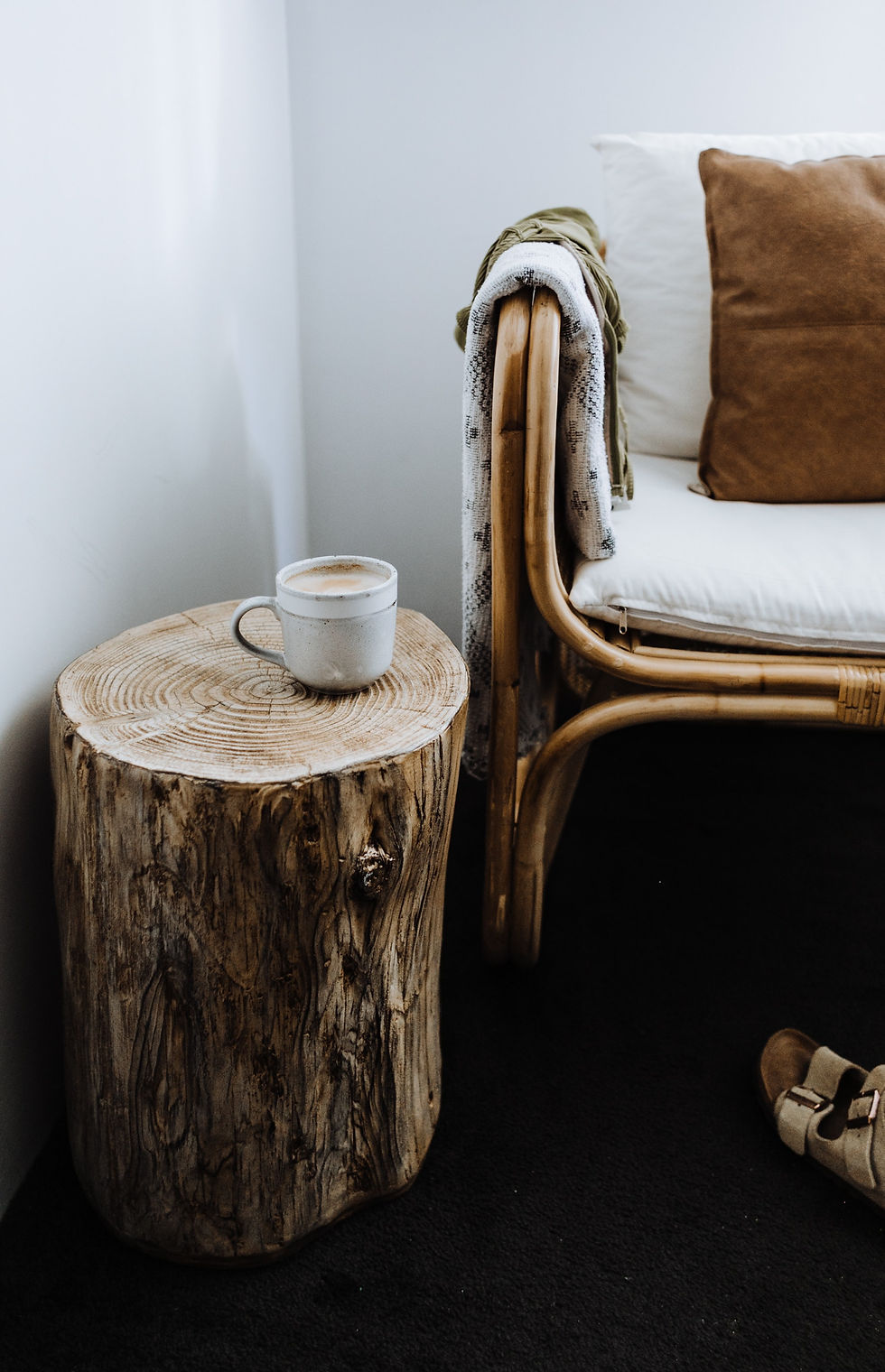Enhance Your Sleep Quality By Changing Your Eating Habits
- Doctor BeneFIT

- Feb 19, 2021
- 3 min read
There is a close connection between your diet and your sleeping habits. Eating a variety of foods that are nutrient-rich, along with choosing sensible late night snacks, will help keep you trim and well-rested.
Research suggests that the way you eat affects the way you sleep. In today's blog, I am breaking down how to adjust your diet in order to get better quality rest, each night.

Changing the Way You Eat
Understand the circular effects. Sleep affects your diet and vice versa. Quality rest helps curb excess appetite. A good night's sleep also helps prevent weight gain, diabetes, heart disease, and many other serious conditions.
Enjoy a broad variety of dishes. A recent study found that people who slept 7 to 8 hours a night ate the greatest variety of foods. A diverse diet not only tastes good, but it also enhances your chances of getting all the nutrients your body needs. Consider cutting down on calories. Sleep issues are more common in people who are overweight. That's just one more reason to try to take off excess pounds. Have a small snack before bed. Grabbing a bite before bed can keep hunger pangs from waking you up during the night. You’ll be a lot less likely to wander into the kitchen and inhale a cheesecake.
Use caffeine wisely. Caffeine tends to heighten your awareness temporarily, but may cause you to crash a few hours later. Consume smaller servings of caffeine filled drinks. Try drinking green tea in the morning and another at lunch. Avoid all caffeine for at least four hours before bedtime.
Spot hidden sources of caffeine. Even if you give up coffee, you may still be ingesting caffeine. It’s also present in chocolate as well as in many medications, tea, and soft drinks.
Consume alcohol in moderation. Cocktails may put you to sleep faster, but they’ll interfere with the deeper stages of slumber that are the most restorative. Experts recommend a maximum of one alcoholic beverage per day for women and two for men. Prepare for the post-lunch dip. You may experience drowsiness after eating a big lunch. That feeling is partly due to the energy being used for digestion and partly due to natural body rhythms that induce fatigue about every 12 hours.
Changing the Foods You Eat
Pay attention to micronutrients. People who sleep well, eat more micronutrients, such as fresh fruits and vegetables. A varied diet full of natural foods will help supply these.
Choose foods that contain tryptophan. The amino acid tryptophan promotes sleep. You can find tryptophan in foods like dairy products, eggs, and nuts.
Eat more carbohydrates. Carbohydrates enhance the effects of tryptophan. That’s what makes a bowl of oatmeal and milk an ideal evening snack.
Get enough protein. Dietary protein is the source of tryptophan. Getting about 10 to 35 percent of your daily calories from protein is a great goal to keep in mind. Limit high fat foods. Foods high in fat can cause weight gain and disrupt your sleep. Eat more fish or choose the leanest cuts of meat. Limit spicy foods. Foods with too much spice may trigger heartburn when you lay down in bed. Order "spicy" dishes for lunch, rather than dinner. Switch from energy drinks to natural boosters. Energy drinks tend to contain large amounts of caffeine and sugar. Natural stimulants, like drinking plenty of water or taking a daily walk, won't interfere with your sleep.
Drink more water. You probably know that you need adequate sleep and hydration to stay healthy. However, you may not realize how closely the two are connected. Adults who sleep six or less hours each night are up to 59% more likely to be dehydrated, compared to those who get a full eight hours of sleep. This is according to a study by Penn State University. Researchers believe one underlying cause is vasopressin, which is the hormone that maintains your water balance and rises during the later stages of sleep. If you miss those hours, your kidneys will not retain enough fluid. This is just one example of how sound sleep and fluid intake affect each other.
If you would like to learn more about my signature program A New You: 21-Day Clean Eating Program, just click ➡HERE⬅
Yours in health and wellness,
Doctor BeneFit
Danielle@DoctorBeneFIT.net




Comments